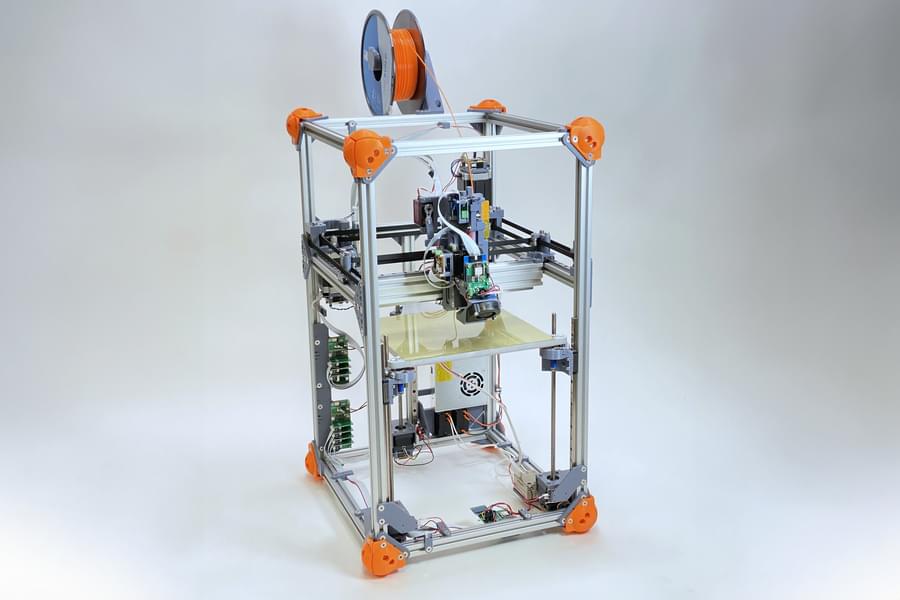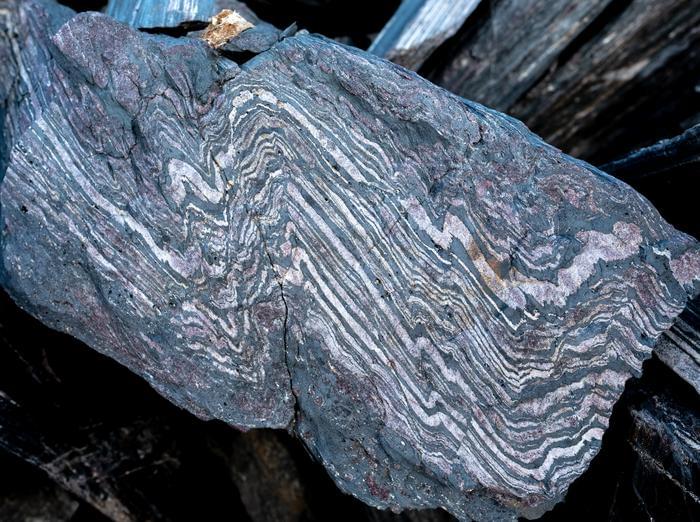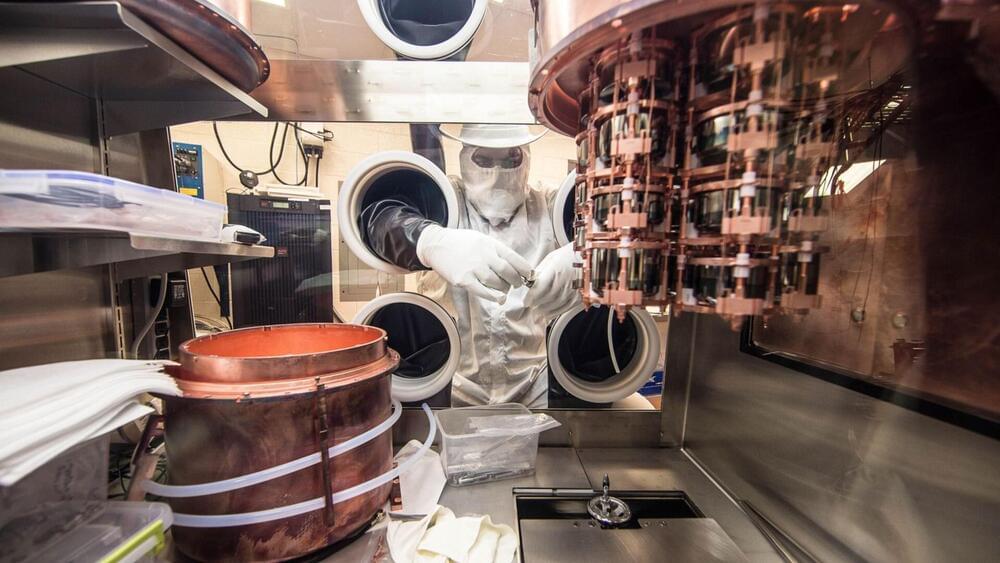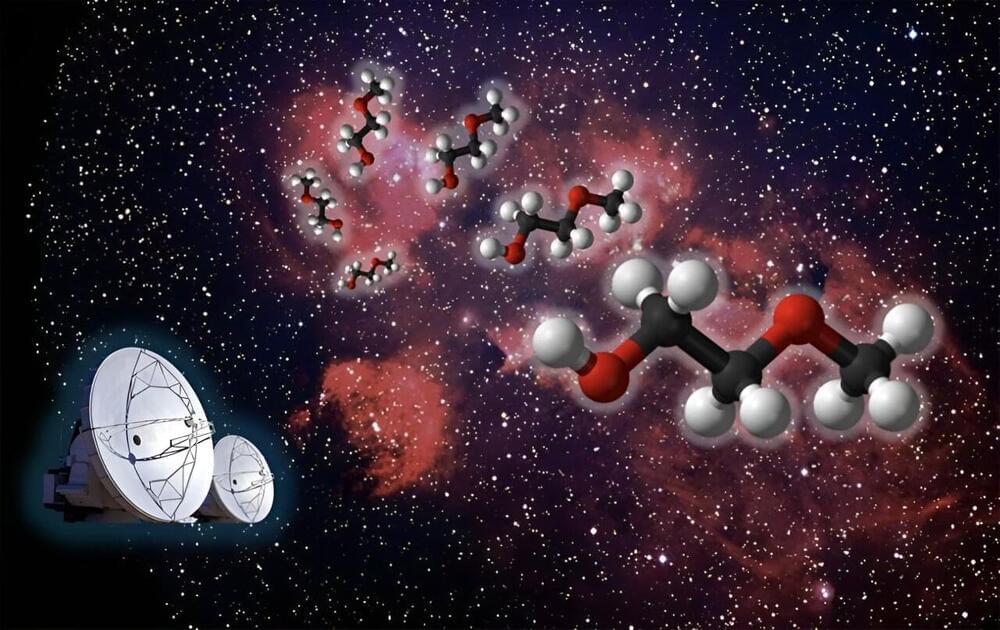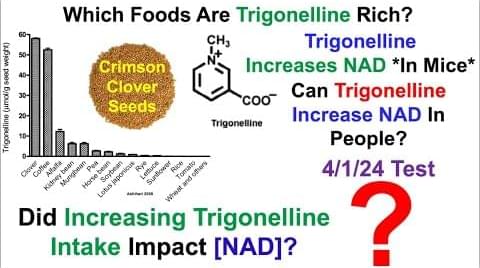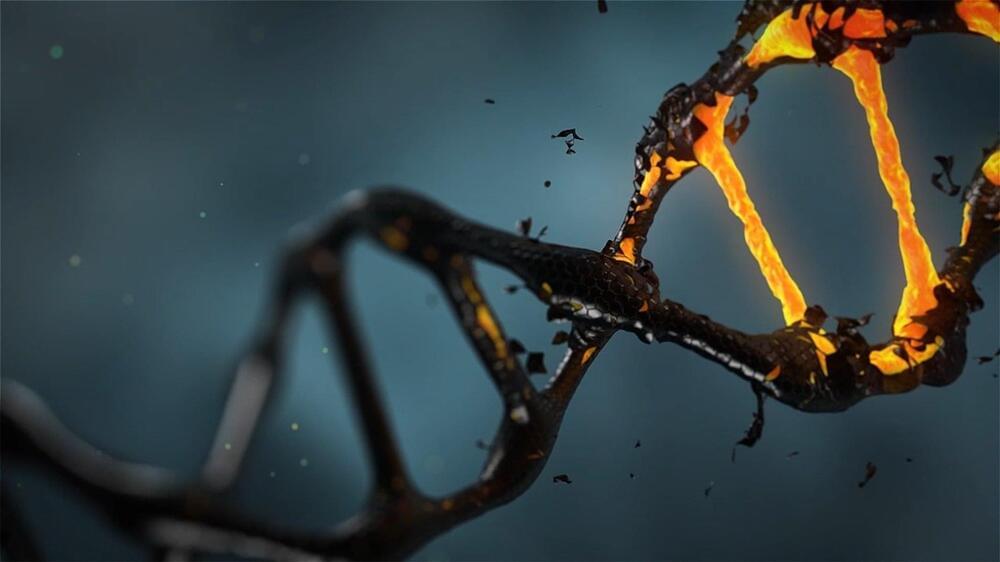Apr 24, 2024
MIT’s new 3D printer can create its own parameters so that users don’t have to
Posted by Shailesh Prasad in categories: 3D printing, sustainability
A team of scientists have developed a new FDM 3D printer that can automatically create parameters for unknown materials.
Material presets for mass-manufactured polymers can be found on most 3D printers. However, the 3D printing parameters for sustainable and recycled materials need to be manually adjusted. This trial and error process can be frustrating and time-consuming, limiting the adoption of environmentally friendly filaments.
Experts from MIT’s Center for Bits and Atoms (CBA), the U.S. National Institute of Standards and Technology (NIST), and Greece’s National Center for Scientific Research (Demokritos) are working to change this.
